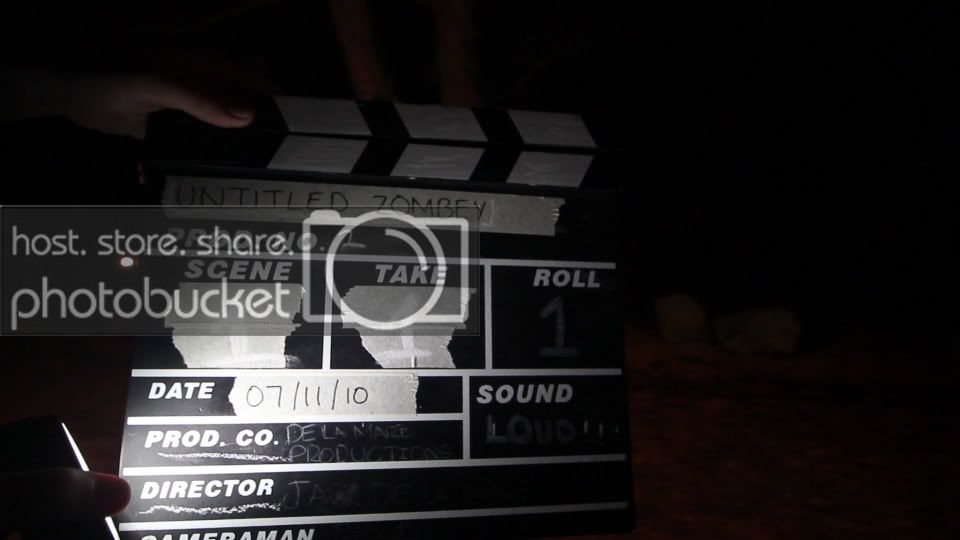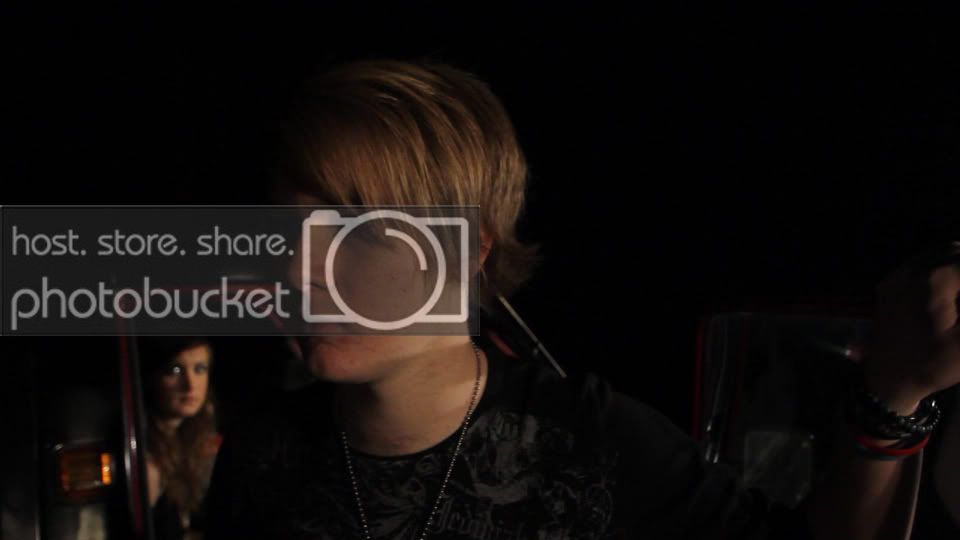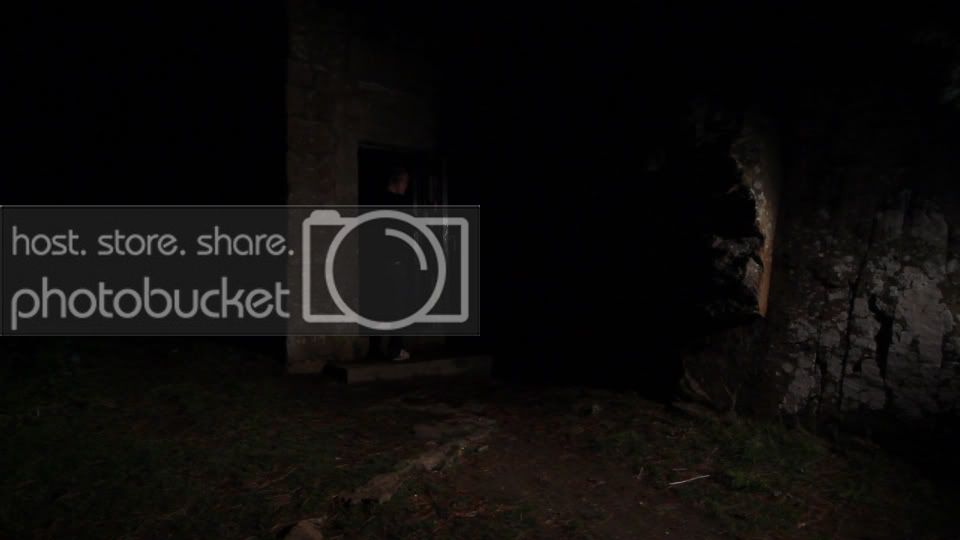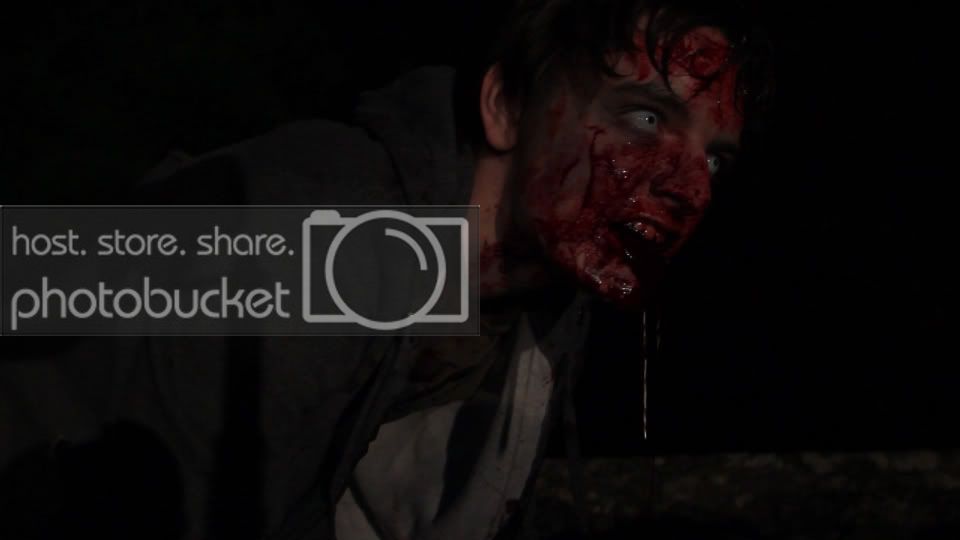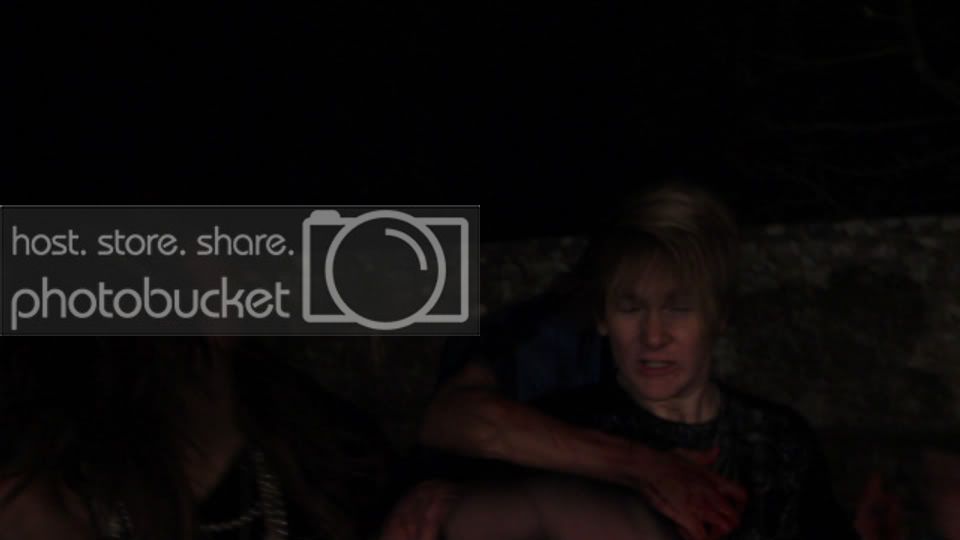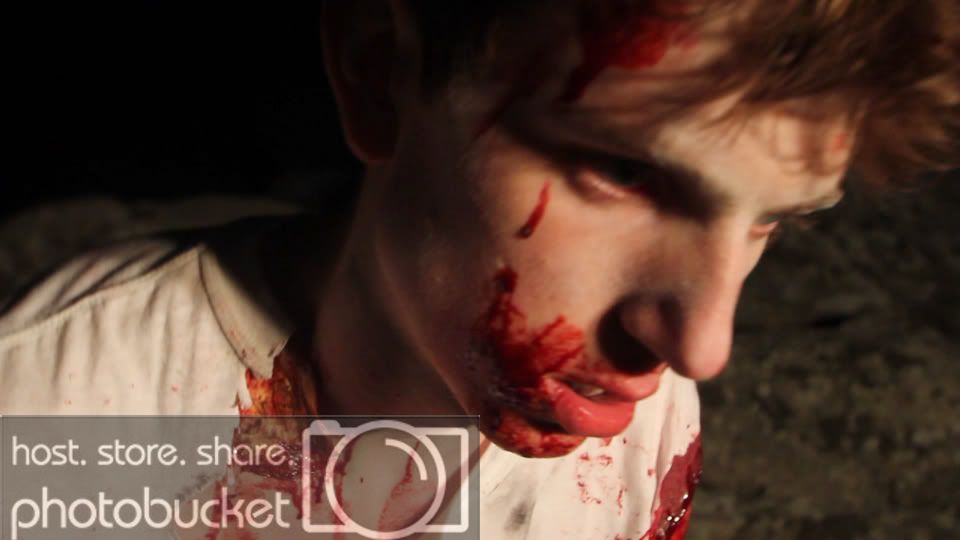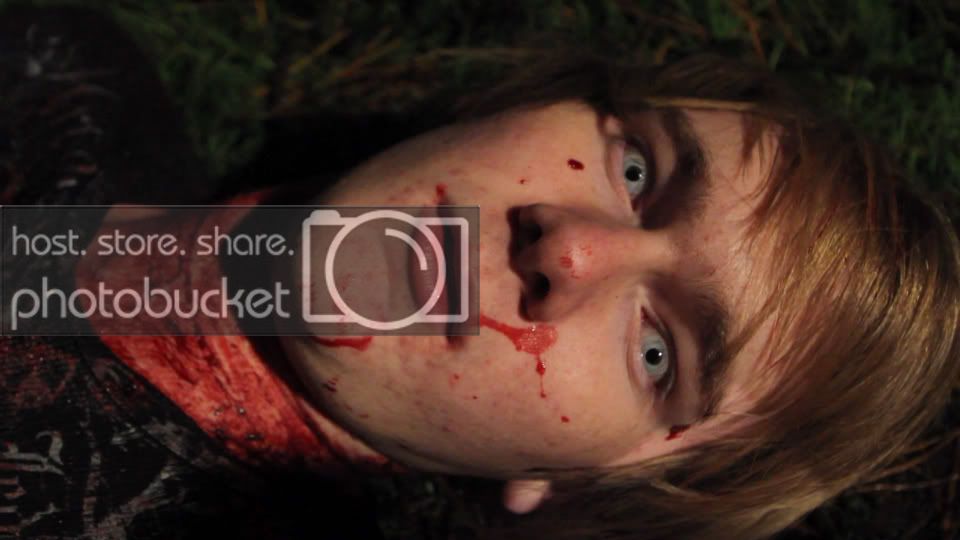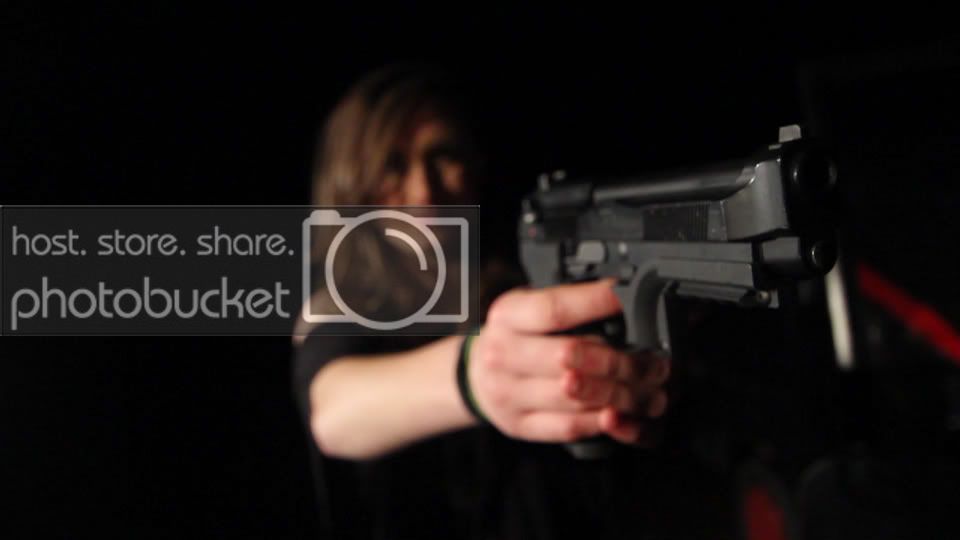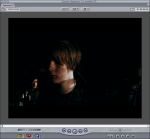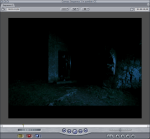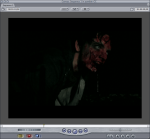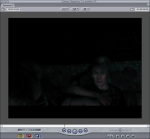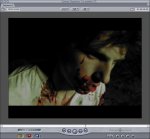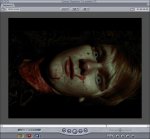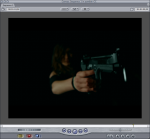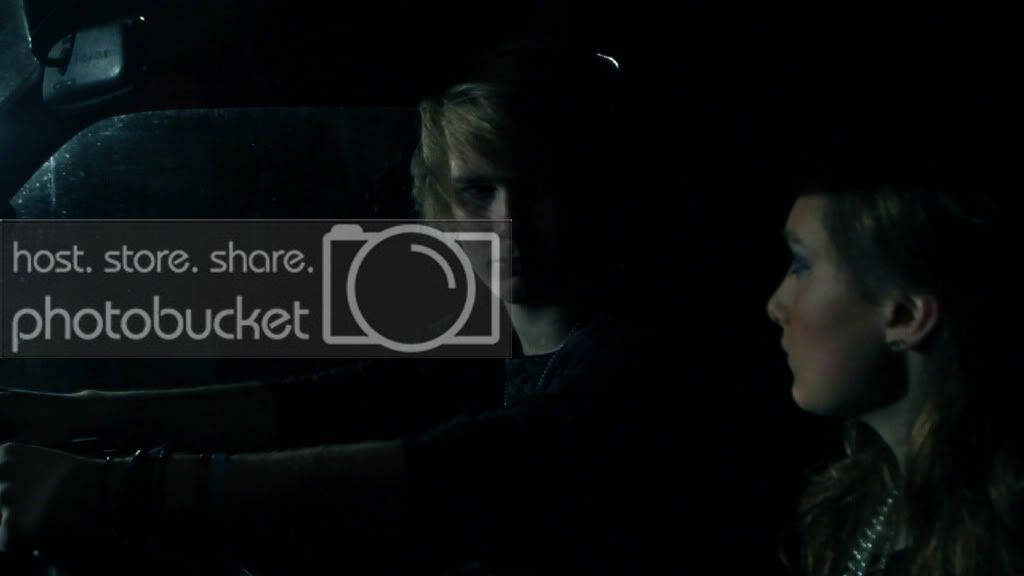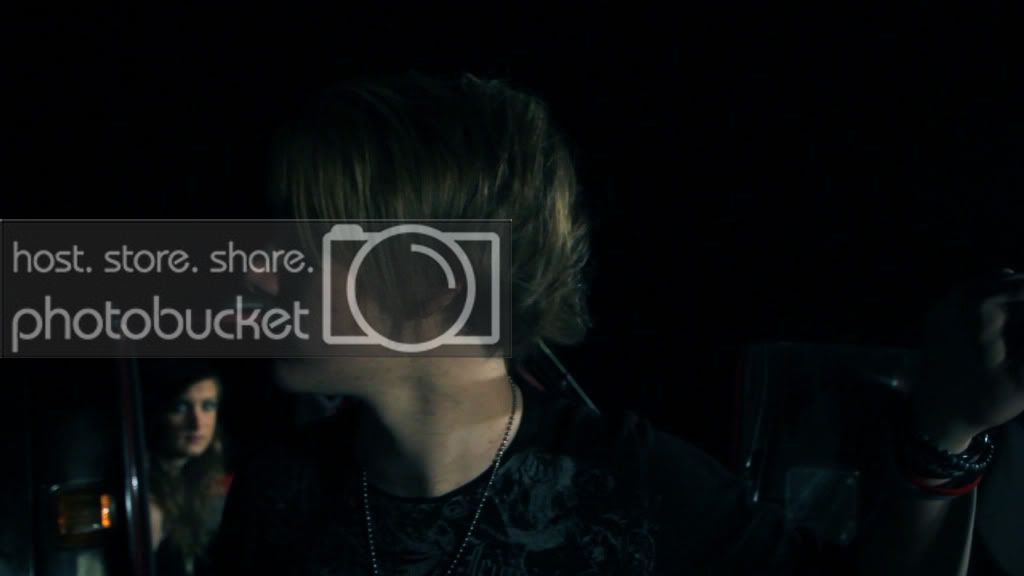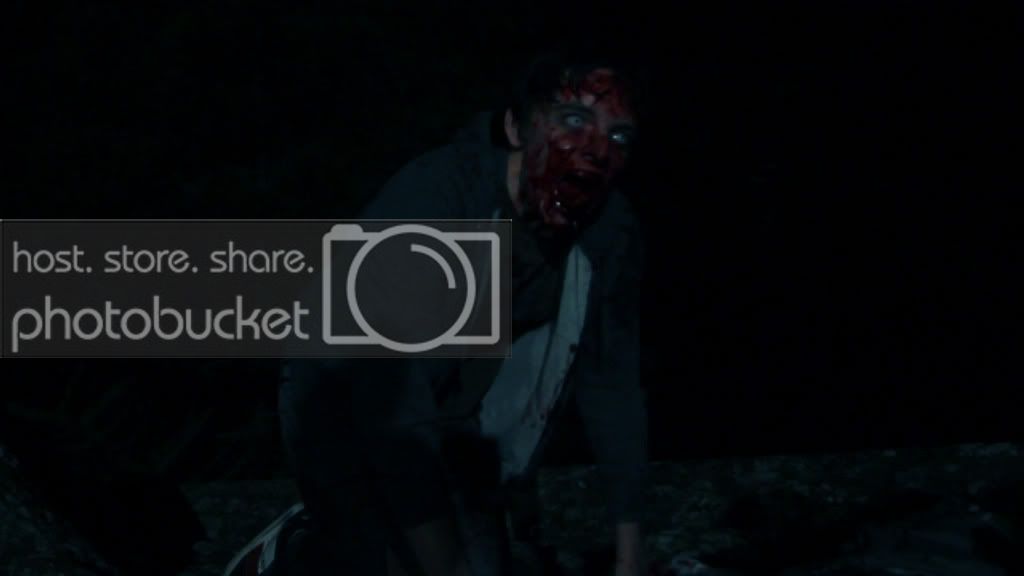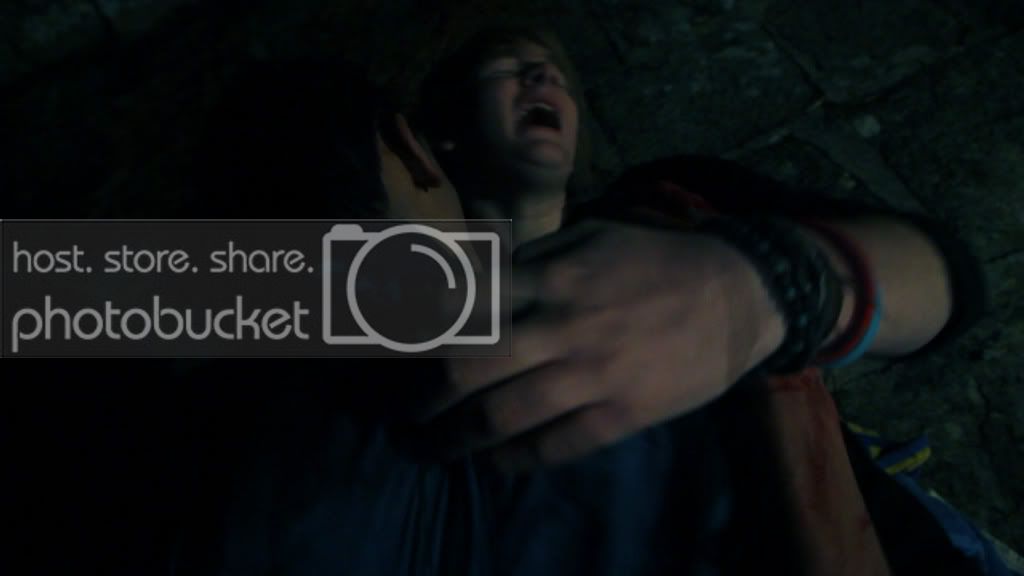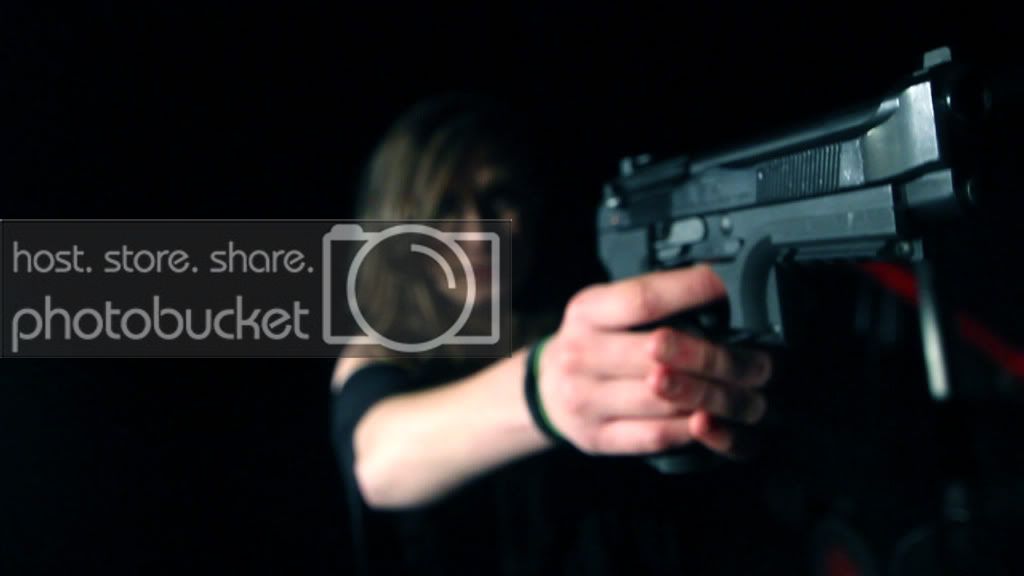Hey guys,
I'm shooting a very short film which is intended to be a sort of "introduction" to an upcoming larger film I'm writing. It'd be more of a test on lighting and other film-making methods, but I need some tips on lighting.
The scene is set in the night, so is it best to film in the day time, or at night with lighting? I have a Sony HDR-SR11 which I'll be using for the shoot. As for lighting, I have nothing but I should be able to rent/buy some. We're not shooting for a while as I need to plan this properly. I wouldn't want grainy underlit footage.
So what are the best methods? Soft-boxes? I don't have much experience at all with lighting.
Thanks in advance!
Jack
I'm shooting a very short film which is intended to be a sort of "introduction" to an upcoming larger film I'm writing. It'd be more of a test on lighting and other film-making methods, but I need some tips on lighting.
The scene is set in the night, so is it best to film in the day time, or at night with lighting? I have a Sony HDR-SR11 which I'll be using for the shoot. As for lighting, I have nothing but I should be able to rent/buy some. We're not shooting for a while as I need to plan this properly. I wouldn't want grainy underlit footage.
So what are the best methods? Soft-boxes? I don't have much experience at all with lighting.
Thanks in advance!
Jack




